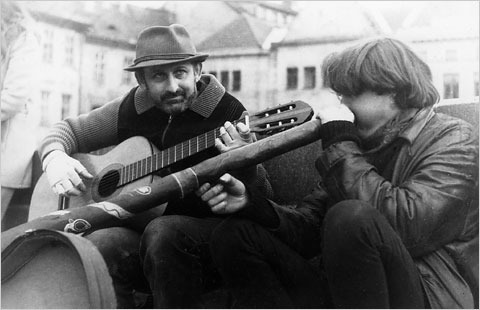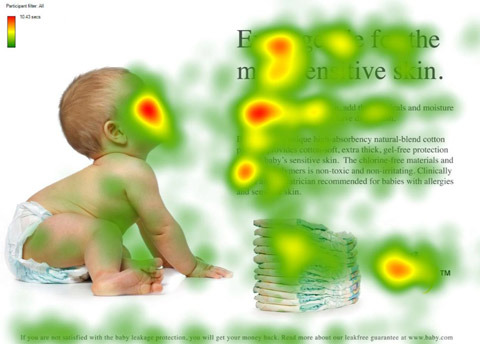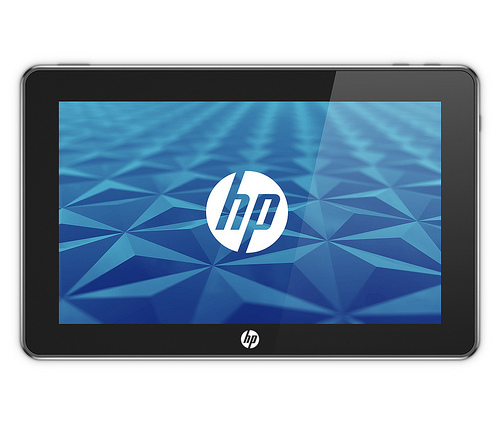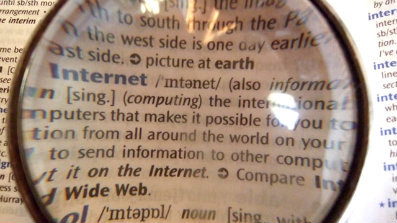Busking with Johnnie Mac

Johnnie Mac (didgeridoo) busking in Prague. (Frugal Traveler)
When you travel, you see them everywhere: a guitarist strumming and crooning in the Paris Métro, a juggler in an Italian piazza, a human statue on a New York City corner. They are buskers, and these street performers are not necessarily locals; many are travelers looking to make a bit of extra money and prolong their journeys around the globe.
One of these is Johnnie Mac, a 40-year-old Australian singer-songwriter who, after some initial success playing with bands in Sydney in the late 1980s, decided to take his act to the streets of Europe. (“What are you doing that for?” he said his family asked him. “Are you mad?”) For years, he roamed the Continent, exploring the newly opening east and making it as far as Siberia and Mongolia.
Having settled down from his wandering ways, Johnnie Mac is married and fathering, but still finds time to assist fellow buskers. Visit his website BuskerWorld.com or read his eBook, “The Busker’s Bible”.
Read the full article at Frugal Traveler






 Steve Rubel’s observations after
Steve Rubel’s observations after 




